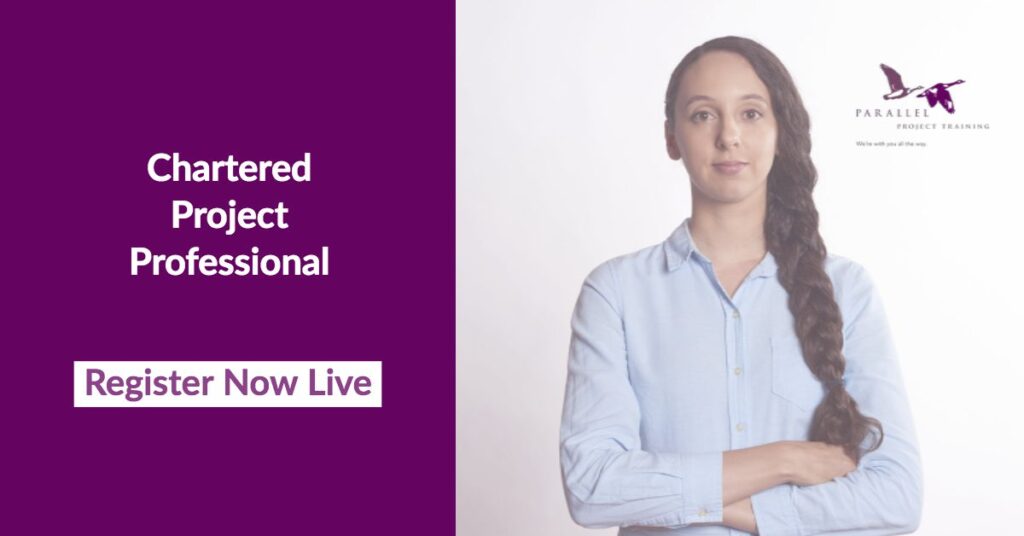Today the Association for Project Management opened the register for Chartered Project Professional’s. It’s been a long wait. The first post on the topic was way back in 2011 when, the late, Mike Nichols, announced a vision for a world in which every project succeeds at the APM Project Management Awards. Seven years later Mike would have been proud to see his dream become a reality.
The process for application for Chartered Project Professional seems quite pragmatic too. The forms are not too difficult, but this does not mean the standard will be easy to attain. With ten core competence and then a realistic set of elective options. And reviewing the details of these competencies they seem to fit with what we would expect for a practising project manager.
Mandatory competences for Chartered Project Professional
Evidence needed for all 10
- Team management, including team development and coaching.
- Conflict management, including dealing with internal and external stakeholders.
- Leadership, including setting a sense of direction and having the perseverance and drive to deliver projects
- Risk, opportunity and issue management, including structured approaches to the management of risks and issues.
- Consolidated planning, including the creation of key planning documents and the integration of the different elements into a coordinated plan
- Governance arrangements, including mechanisms for creating and stimulating oversight of the project by the Directors of an organisation
- Stakeholder and communications management including a structured and systematic way of managing stakeholder expectations
- Reviews including those in the lifecycle and those needed for project assurance.
- Change control including a structured and effective process followed by all the parties to the project
- Budgeting and cost control which included establishing a budget for the project and implementing effective control or Financial management which means establishing funding for the project through the preparation and approval of a business case.
Elective competences for Chartered Project Professional
Evidence needed for two of the below
- Procurement including processes for the acquisition of goods and service.
- Contract management including the control of the project in the framework of a contract.
- Requirements management including defining a clear and unambiguous set of project requirements.
- Solutions development including identifying options and evaluating the feasibility of each option against the project objectives.
- Schedule management including establish a realistic and robust project baseline and then controlling the project to that baseline.
- Resource management including identifying, planning, optimising and engaging the necessary resources to deliver the project.
- Quality management including the definition of quality procedures, processes, quality control of products and the assurance of the overall project quality.
- Transition management, including the commissioning and putting to work of the projects as part of business as usual.
- Resource capacity planning including identifying critical capacity constraints and identifying ways in which the project can work around these constraints.
- Frameworks and methodologies including structured approaches to project management which are flexible to meet the different needs of the business.
- Independent assurance including the independent review of project status and robustness.
For each competency, you will need to show advanced technical knowledge and practical application. But what is advanced technical knowledge and how can I check if I have it. Well, this is where Parallel can help. Since Chartered Project Professional was announced we have been asked by several people how do I apply for Chartered Project Professional? What are eh steps? How do I fill in the application form? So we have decided to provide a step by step guide to Chartered Project Professional. The first five posts are live already, and we will look to expand these over the next few weeks. In addition, Parallel is offering one-to-one and group Chartered Project Professional coaching. This builds on our success with RPP coaching over the past few years. Its an exciting time for project managers so if you need any help with Chartered Project Professional Coaching then please do get in touch.


